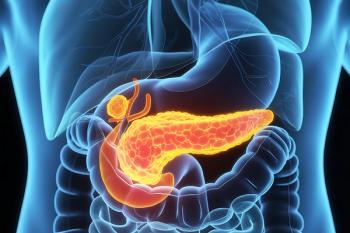
FDA Approves Higher Dose of Ozempic
Ozempic is now available in three doses to improve blood sugar in people with type 2 diabetes.
The FDA
The approval is based on the phase 3 SUSTAIN FORTE, which found the higher dose of Ozempic helped patients who needed additional glycemic. In the trial, people with an average starting A1C of 8.9% treated with Ozempic 2 mg achieved a reduction in blood sugar of 2.1% at week 40 compared with 1.9% with Ozempic 1 mg.
In the previous phase 3 SUSTAIN trial where up to 73% of people with type 2 diabetes treated with the 1 mg dose lowered their blood sugar and reached the American Diabetes Association target of <7%.
With the higher dose, the most common adverse events were gastrointestinal. Gastrointestinal adverse reactions occurred more frequently among patients receiving Ozempic 2 mg (34.0%) vs Ozempic 1 mg (30.8%).
“Type 2 diabetes is a complex disease that can progress over time even if a person is managing it with medication, diet and exercise,” Juan Pablo Frias, M.D., medical director of Velocity Clinical Research in Los Angeles and principal investigator of SUSTAIN FORTE study, said in a press release. “With a 2 mg dose, we have an additional option so patients can stay on the same medication therapy even if their blood sugar needs shift.”
Newsletter
Get the latest industry news, event updates, and more from Managed healthcare Executive.

























